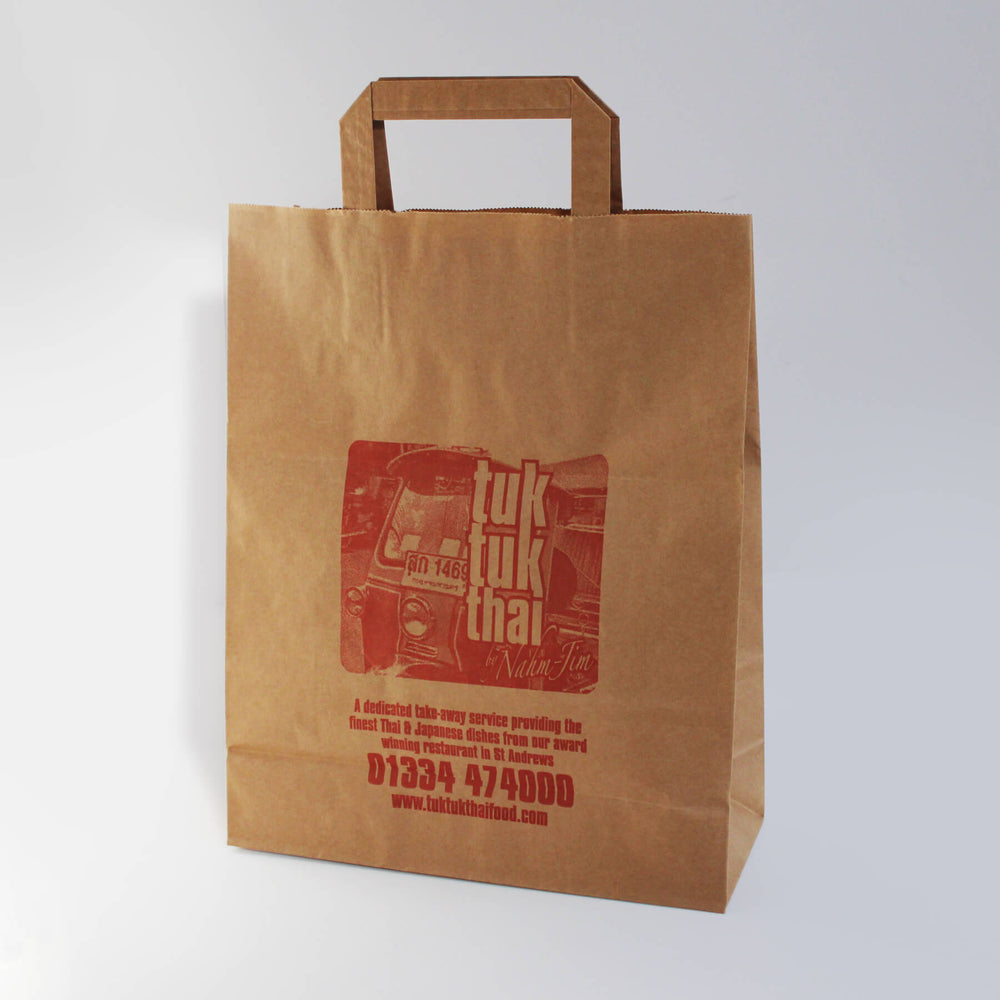Understanding Pallet Wraps Benefits and Applications
Pallet wraps, also known as stretch films or stretch wraps, are essential materials in the logistics and packaging industries. These flexible plastic films are designed to secure goods on pallets during storage and shipment. With various types available, pallet wraps cater to different needs, making them a vital component in ensuring the safe transport of products.
One of the primary benefits of pallet wraps is their ability to stabilize loads. When goods are stacked on a pallet, there is a risk of them shifting during transit, leading to potential damage. Stretch wrap tightly binds the items together, preventing movement. This is especially important for transporting fragile products that need reinforcement to avoid breakage. Moreover, a well-wrapped pallet maximizes space, allowing for better use of warehouse and transport capacity.
In addition to stability, pallet wraps offer protection from environmental factors. They shield goods from dust, moisture, and UV light, which can cause deterioration over time. This protective barrier is crucial for perishable items and those that are sensitive to changing conditions. By maintaining product integrity, businesses can reduce waste and improve overall efficiency.
pallet wraps

Another advantage of pallet wraps is their ease of use. The film is lightweight, making it easy to handle and apply. Many companies employ simple machinery to automate the wrapping process, speeding up operations and reducing labor costs. The efficiency gained through pallet wrapping can significantly enhance productivity in warehouses and distribution centers.
Sustainability is becoming an increasingly important consideration in packaging. Many pallet wraps are now made from recyclable materials, and some manufacturers produce biodegradable options. This shift towards more environmentally friendly products aligns with global efforts to reduce plastic waste and promote sustainable practices in supply chains.
Pallet wraps come in various thicknesses and widths, allowing businesses to choose the right type for their specific needs. Some wraps have additional features, such as enhanced cling properties or the ability to withstand extreme temperatures, making them suitable for a wider range of products.
In conclusion, pallet wraps play a crucial role in the logistics and supply chain industries. Their ability to stabilize loads, protect against environmental damage, and improve operational efficiency makes them indispensable. As sustainability becomes a growing concern, the evolution of pallet wraps toward more eco-friendly materials will further enhance their appeal. For businesses seeking to streamline their shipping and storage processes, investing in high-quality pallet wraps is a wise decision.



